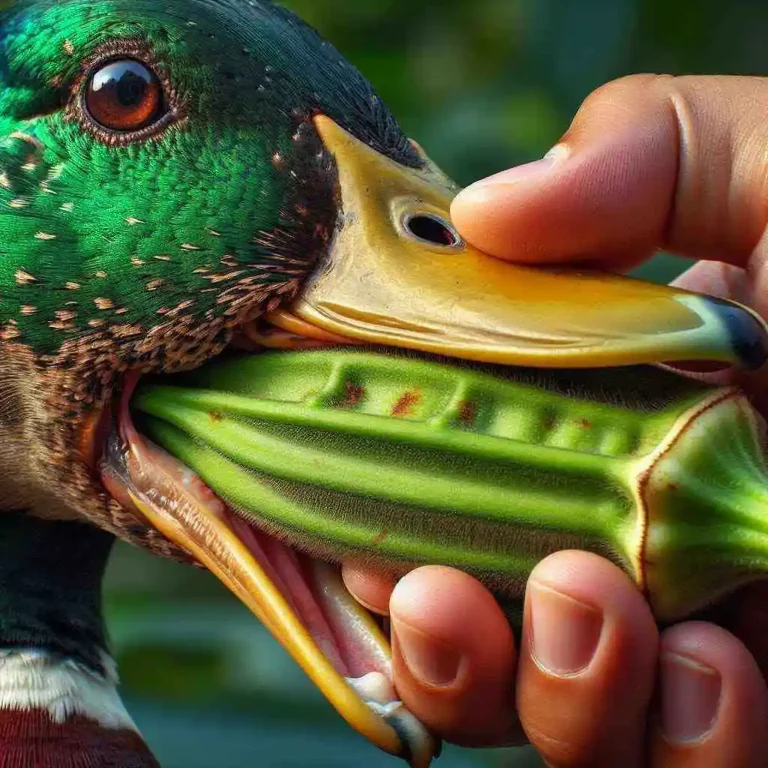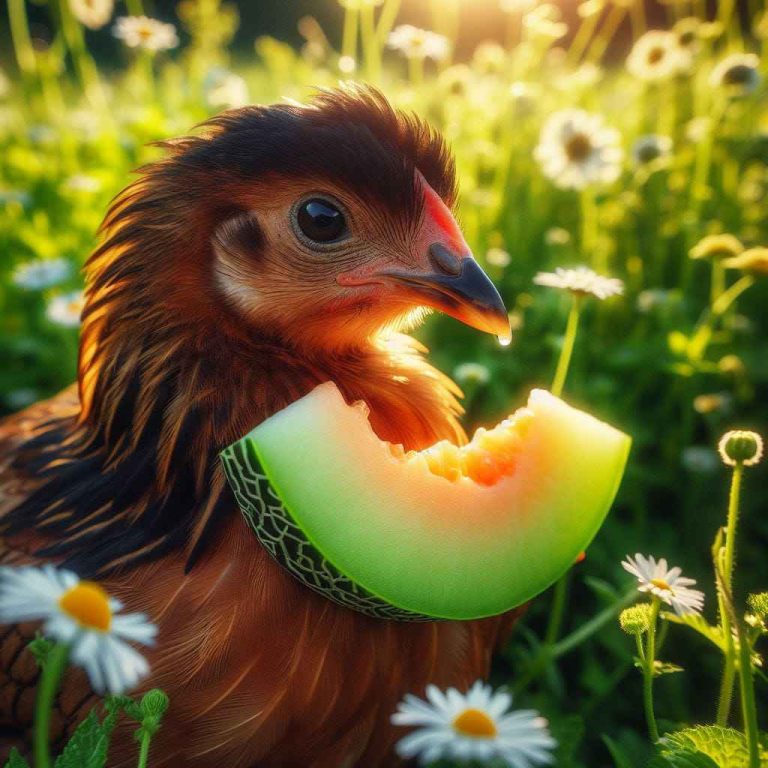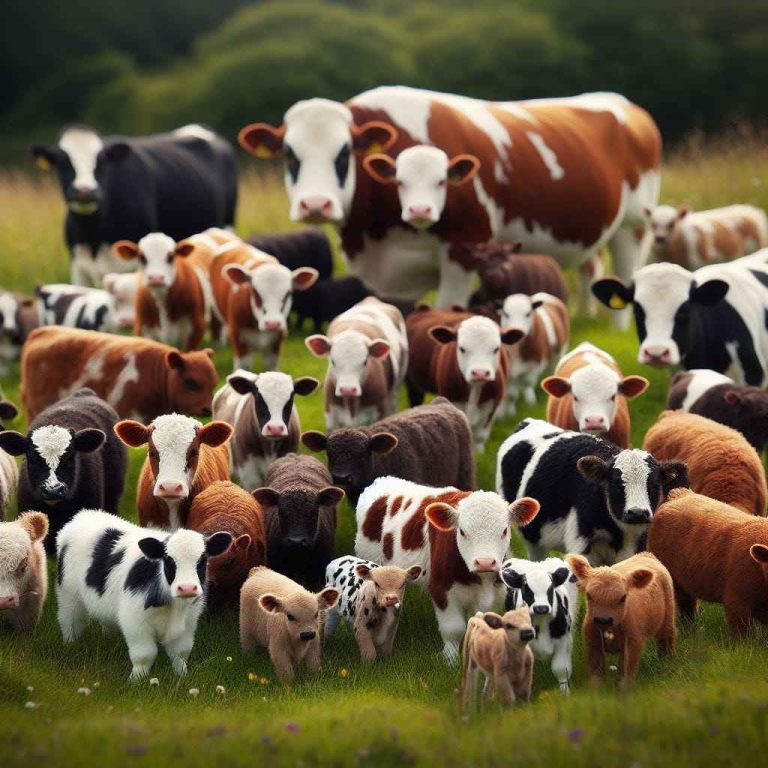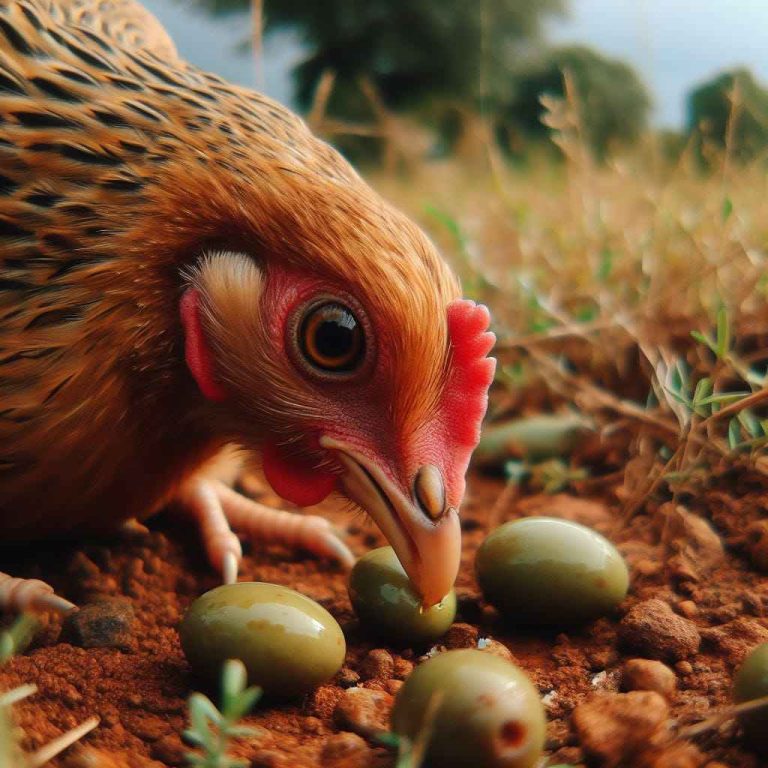Can Chickens Enjoy Cherries
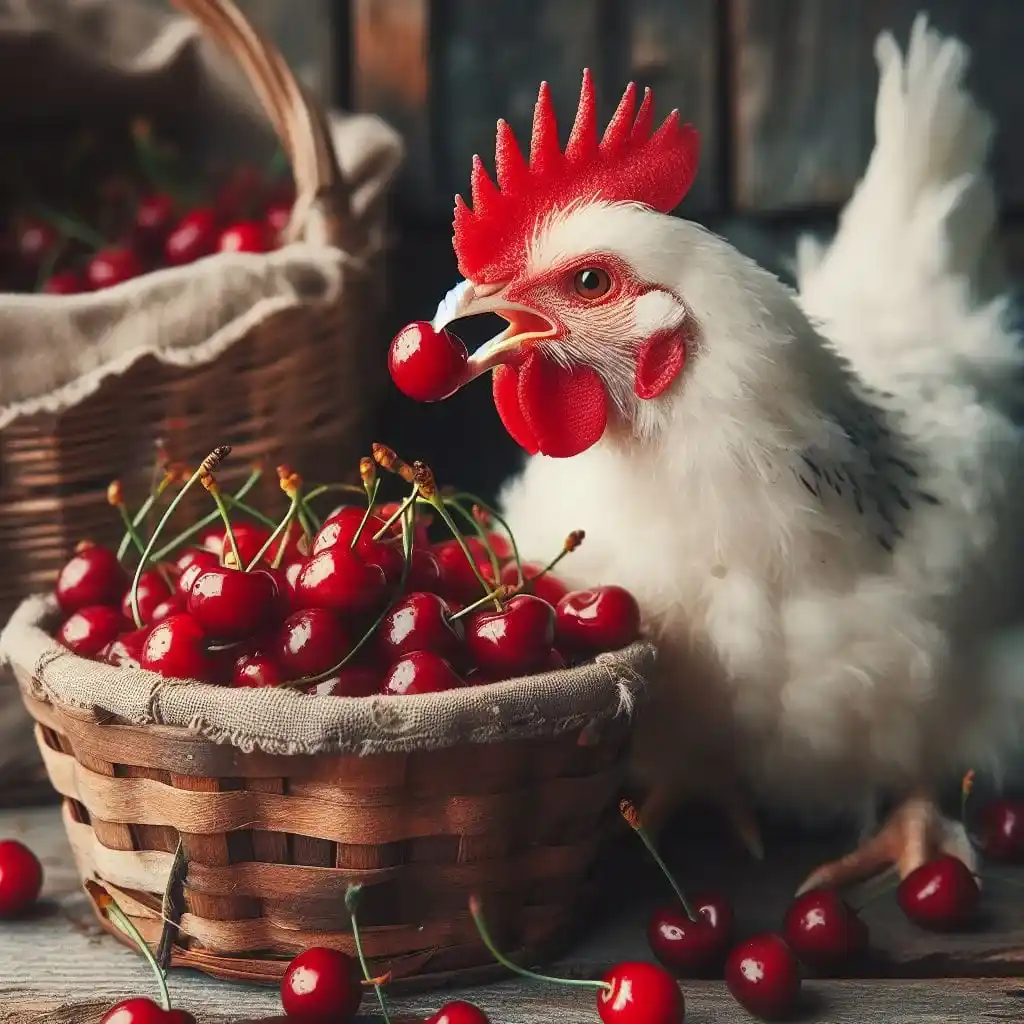
Can Chickens Enjoy Cherries
Yes, chickens can enjoy cherries as an occasional treat. However, it’s essential to take some precautions before offering them to your feathered friends. Cherries should be pitted before giving them to chickens to avoid the risk of choking. Additionally, cherries should be given in moderation as part of a balanced diet, as they are high in sugar.
While many chicken owners report feeding cherries to their flock without any issues, it’s always a good idea to monitor your chickens’ reactions and consult with a veterinarian if you have any concerns. Overall, cherries can be a tasty and nutritious addition to your chickens’ diet when offered responsibly.
Can Chickens Enjoy Cherries: Unraveling the Truth Behind Avian Diets
Chickens are renowned for their diverse and often surprising dietary preferences. While these feathered friends typically thrive on a diet rich in grains, seeds, insects, and vegetation, the question of whether they can enjoy cherries remains a topic of debate among poultry enthusiasts.
Cherries, with their vibrant colors and sweet flavors, are a beloved fruit enjoyed by humans worldwide. However, when it comes to chickens, caution is advised. Cherries contain pits that can pose a choking hazard to chickens if ingested whole. Additionally, cherry pits contain amygdalin, a compound that breaks down into cyanide when metabolized. While the amount of cyanide in cherry pits is typically minimal and unlikely to harm humans, the same cannot be said for chickens, which are more sensitive to certain toxins.
Despite these potential risks, many chicken owners report feeding cherries to their flock without any adverse effects. However, it’s essential to take precautions to ensure the safety of your chickens if you choose to offer cherries as a treat. One approach is to remove the pits before feeding cherries to your chickens, eliminating the risk of choking and reducing the likelihood of cyanide exposure.
Furthermore, cherries should be offered to chickens in moderation as part of a balanced diet. While they can provide a tasty and nutritious snack, they should not replace staple foods such as pellets or grains. Introducing new foods gradually and monitoring your chickens’ reactions can help prevent digestive upset and ensure their overall well-being.
In conclusion, while chickens can potentially enjoy cherries as a treat, it’s essential to approach their inclusion in their diet with caution. By understanding the potential risks and taking appropriate precautions, you can safely offer cherries to your feathered friends and enhance their diet with variety and flavor. As always, consulting with a veterinarian or poultry expert can provide valuable guidance tailored to your chickens’ specific needs and circumstances.
Feathered Friends and Fruity Feasts: Investigating Chickens’ Cherry Consumption
Chickens, our feathered companions, often enjoy a varied diet that includes fruits alongside their staple grains and seeds. Among the fruity options, cherries stand out for their vibrant hues and sweet flavors. However, the question of whether chickens can safely consume cherries warrants a closer look.
Cherries contain pits that pose a potential choking hazard, particularly for smaller birds like chickens. Additionally, the pits contain amygdalin, a compound that can release cyanide when metabolized. While the cyanide content in cherry pits is generally low and may not harm humans in small quantities, chickens may be more susceptible to its effects.
Despite these concerns, many chicken owners have reported feeding cherries to their flock without apparent issues. However, precautions should be taken to ensure the safety of our feathered friends. Removing the pits before offering cherries to chickens reduces the risk of choking and minimizes exposure to cyanide.
Furthermore, cherries should be considered a treat rather than a dietary staple for chickens. Their high sugar content means they should be offered in moderation to prevent digestive upset and maintain a balanced diet. Introducing new foods gradually and observing your chickens‘ reactions can help gauge their tolerance and preferences.
In conclusion, while chickens may enjoy the occasional cherry treat, responsible consumption is key. By understanding the potential risks and taking appropriate precautions, we can ensure our feathered friends can indulge in fruity feasts safely. As always, consulting with a veterinarian or poultry expert can provide tailored guidance for your chickens’ dietary needs and overall well-being.
Chickens and Cherries: A Delightful Delicacy or Dietary Dilemma?
When it comes to our feathered friends, the question of whether chickens can enjoy cherries sparks curiosity and caution alike. Cherries, with their rich sweetness and vibrant colors, seem like a tempting treat for chickens. However, their consumption raises concerns due to potential hazards.
One primary concern is the cherry pits, which can pose a choking hazard to chickens, especially smaller breeds. Additionally, the pits contain amygdalin, a compound that can release cyanide when metabolized. While the amount of cyanide in cherry pits is generally considered minimal for humans, chickens may be more susceptible to its effects.
Despite these risks, many chicken owners report feeding cherries to their flock without apparent issues. However, precautions should be taken to ensure the safety of our feathered companions. Removing the pits before offering cherries to chickens significantly reduces the risk of choking and minimizes exposure to cyanide.
Furthermore, cherries should be considered a special treat rather than a dietary staple for chickens. Their high sugar content means they should be offered in moderation to prevent digestive upset and maintain a balanced diet. Introducing new foods gradually and observing your chickens’ reactions can help determine their tolerance and preferences.
In conclusion, while cherries may seem like a delightful delicacy for chickens, their consumption poses potential dietary dilemmas. Responsible feeding practices, including pit removal and moderation, are essential to ensure the safety and well-being of our feathered friends. As always, consulting with a veterinarian or poultry expert can provide tailored guidance for your chickens’ dietary needs and overall health.
The Cherry Conundrum: Deciphering Whether Chickens Can Safely Snack on Cherries
Chickens, with their diverse palate and curious nature, often enjoy exploring new culinary delights. Among the many treats available, cherries hold a special allure with their sweet flavor and juicy texture. However, the question of whether chickens can safely indulge in cherries presents a perplexing dilemma for poultry enthusiasts.
At the heart of the cherry conundrum lies the concern over potential hazards associated with their consumption. Chief among these concerns are the cherry pits, which pose a choking hazard to chickens if ingested whole. Additionally, cherry pits contain amygdalin, a compound that can release cyanide when metabolized. While the cyanide content in cherry pits is typically low and considered safe for humans in small quantities, chickens may be more sensitive to its effects.
Despite these risks, many chicken owners have reported feeding cherries to their flock without any apparent issues. However, it’s essential to approach their inclusion in chickens’ diets with caution. Removing the pits before offering cherries to chickens significantly reduces the risk of choking and minimizes exposure to cyanide.
Furthermore, cherries should be considered a special treat rather than a staple food for chickens. Their high sugar content means they should be offered in moderation to prevent digestive upset and maintain a balanced diet. Introducing new foods gradually and observing your chickens’ reactions can help gauge their tolerance and preferences.
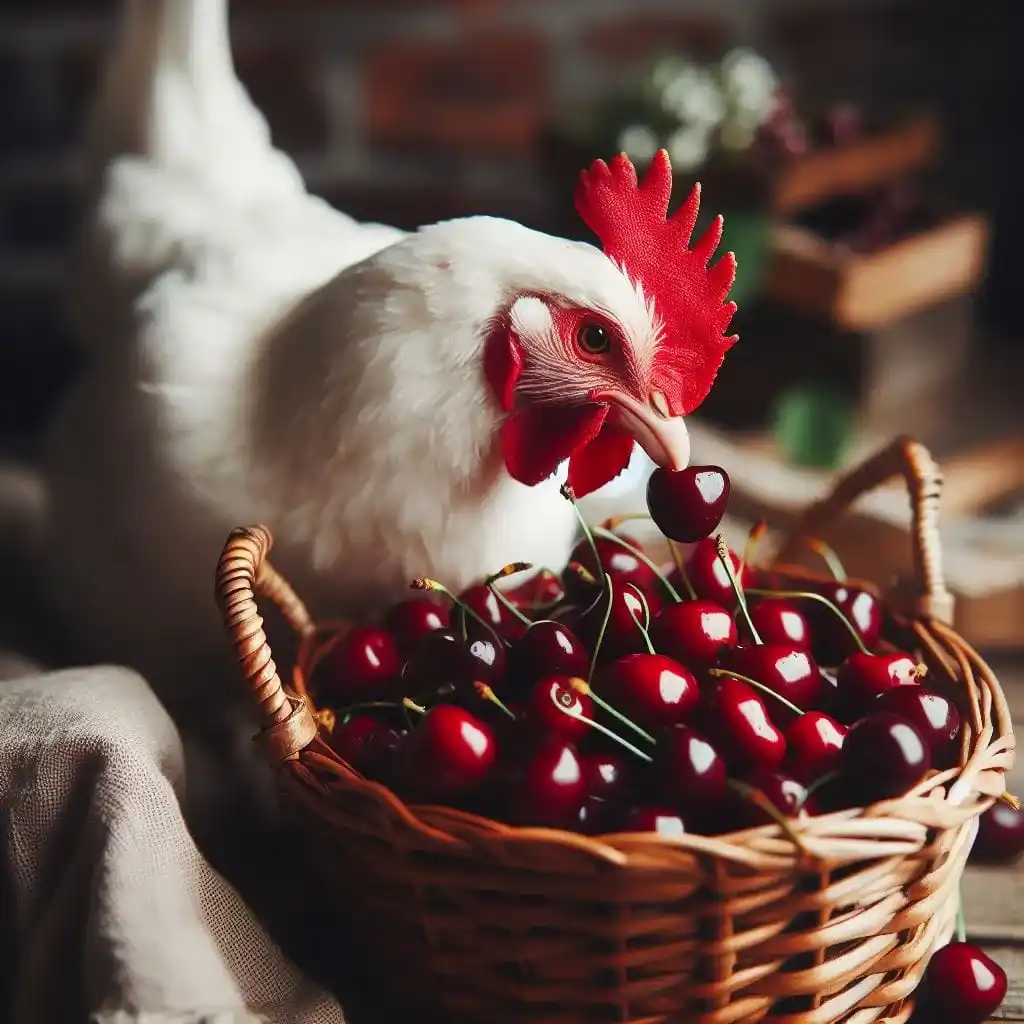
From Coop to Cherry Orchard: Understanding Chickens’ Compatibility with Cherries
Chickens, with their inquisitive nature and diverse diet, often captivate owners with their willingness to explore new culinary delights. Among the array of potential treats, cherries stand out for their vibrant colors and sweet taste. However, the question of whether chickens can safely enjoy cherries leads us on a journey from the coop to the cherry orchard to unravel the mysteries of their compatibility.
At the heart of this exploration lies the concern over potential hazards associated with cherry consumption. The primary worry revolves around the cherry pits, which present a choking hazard to chickens if consumed whole. Moreover, these pits contain amygdalin, a compound that can release cyanide when metabolized. While the cyanide content in cherry pits is typically low and deemed safe for humans in small amounts, chickens may be more susceptible to its effects.
Despite these potential risks, many chicken owners have reported feeding cherries to their flock without encountering issues. However, it’s crucial to exercise caution and take necessary precautions. Removing the pits before offering cherries to chickens significantly reduces the risk of choking and minimizes exposure to cyanide.
Furthermore, cherries should be viewed as an occasional treat rather than a dietary staple for chickens. Their high sugar content means they should be offered in moderation to prevent digestive upset and maintain a balanced diet. Introducing new foods gradually and observing chickens’ reactions can help gauge their tolerance and preferences.
Conclusion
In conclusion, while cherries may be a tempting treat for chickens, their compatibility with our feathered friends requires careful consideration. The potential hazards associated with cherry consumption, such as choking on pits and exposure to cyanide, underscore the importance of exercising caution when offering them to chickens.
By removing pits and offering cherries in moderation as part of a balanced diet, we can minimize risks and ensure the safety and well-being of our flock. Ultimately, understanding chickens’ compatibility with cherries involves balancing the desire to treat them with the responsibility to protect their health. Through informed decision-making and attentive care, we can foster a harmonious relationship between our chickens and the delectable delights of the cherry orchard.
FAQs
Can chickens eat cherry pits?
Chickens should not consume cherry pits due to the potential choking hazard they pose. Additionally, cherry pits contain amygdalin, which can release cyanide when metabolized, posing a risk to chickens’ health.
Are cherries safe for chickens to eat?
While cherries themselves are generally safe for chickens to eat in moderation, precautions should be taken. It’s crucial to remove the pits before offering cherries to chickens to prevent choking and minimize the risk of cyanide exposure.
How should cherries be introduced into a chicken’s diet?
Cherries can be introduced into a chicken’s diet gradually and in moderation. It’s essential to remove the pits before feeding them to chickens and to observe their reactions to ensure they tolerate them well. Cherries should be viewed as a special treat rather than a dietary staple for chickens.

